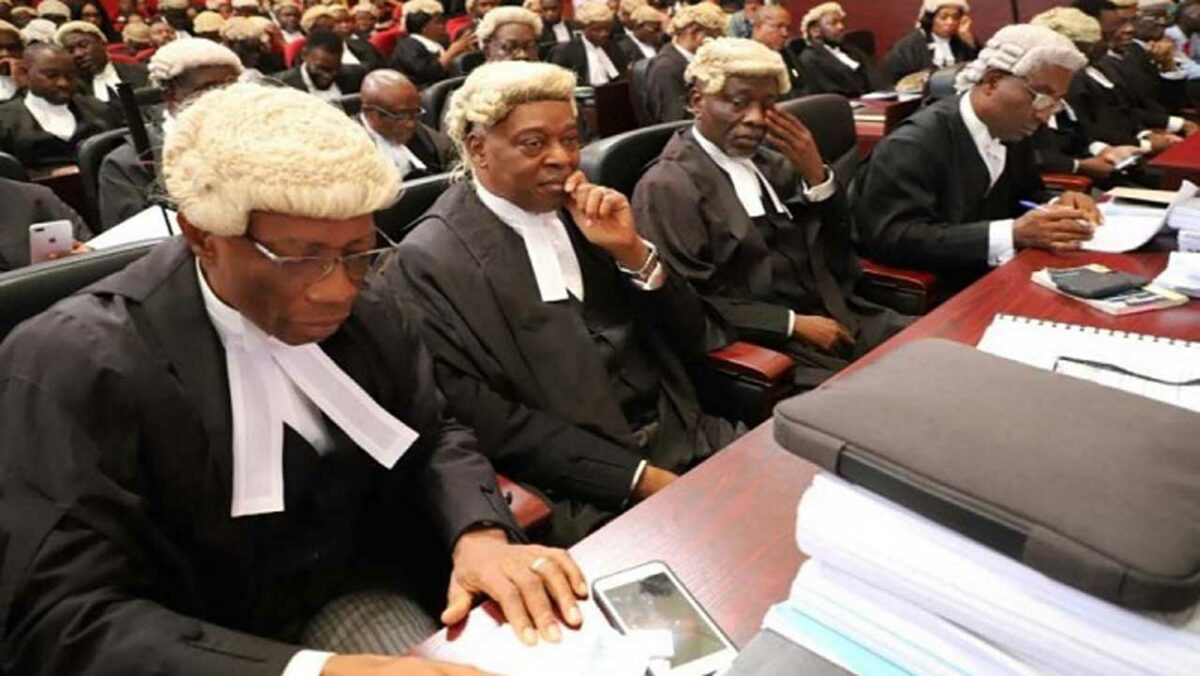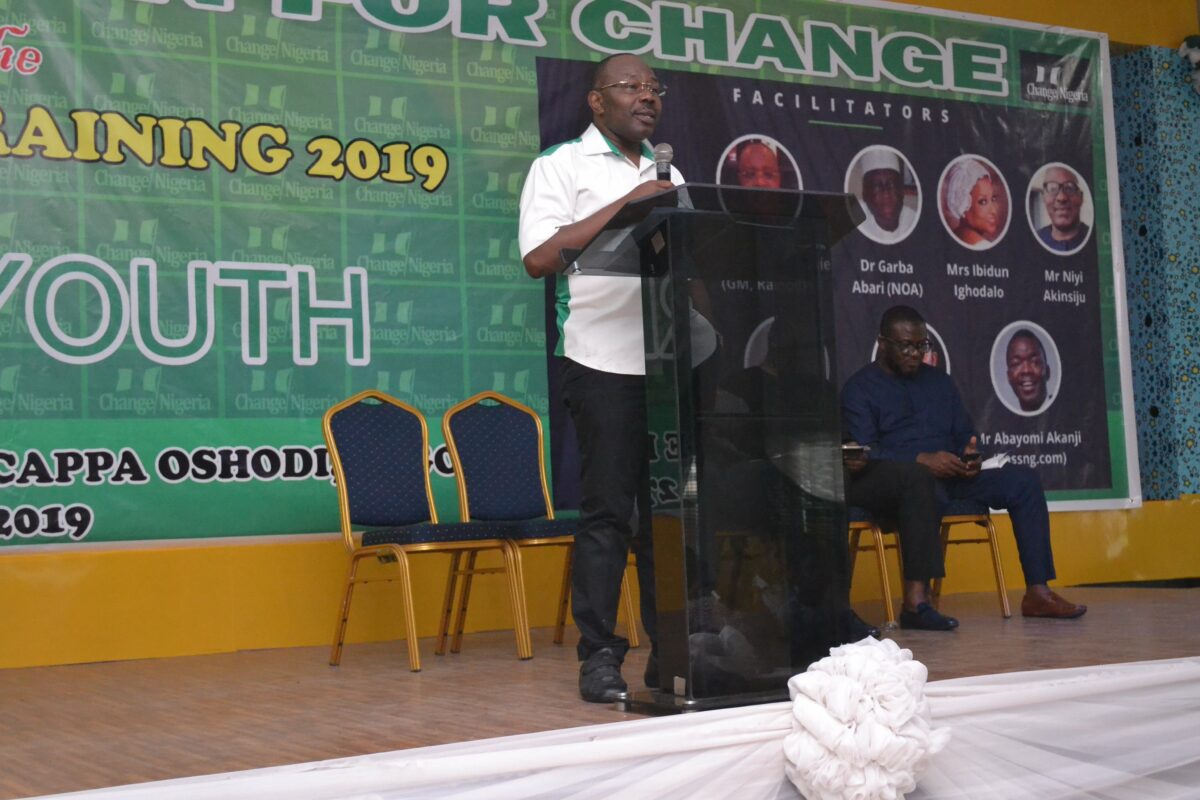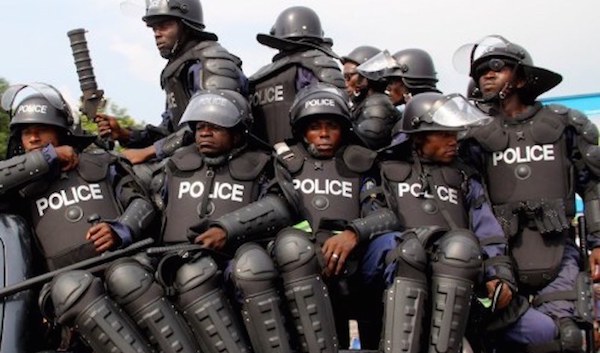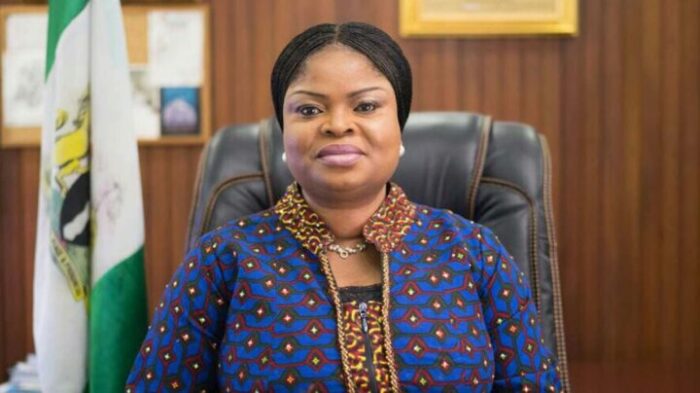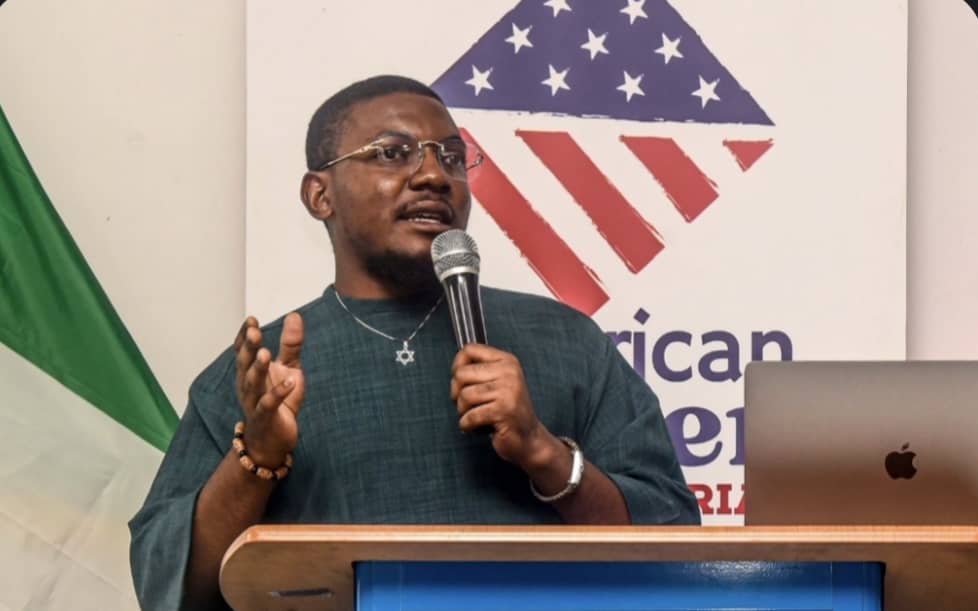The presidential election petitions tribunal will commence hearing on the various petitions challenging the victory of Bola Ahmed Tinubu, president-elect and candidate of the All Progressives Congress (APC), in the just concluded presidential election.
This means Atiku Abubakar of the Peoples Democratic Party (PDP) and Peter Obi of the Labour Party, the other two presidential candidates who have since rejected the outcome of the polls, can finally make their protestations heard at the tribunal.
Before the hearing takes centre stage however, here are the things to know regarding the process:
WHAT IS AN ELECTION PETITION?
An election petition is a very detailed and fact-based process that requires a petitioner to not only state his or her grounds for challenging an election outcome but also provide evidence when doing so.
Most times, petitioners get the evidence they need from the Independent National Electoral Commission (INEC) by filing a motion in court that would enable them inspect the materials that were used during the election.
READ ALSO: TIMELINE: Nigerian Presidential Election Results and Court Rulings From 1999
Once they are allowed access to the materials and can also equip themselves with the adequate evidence needed to build a strong case, they file a petition at the tribunal.
PETITION FILING
Petition filing must be done within 21 days of the election. Petitions filed after this window period would not be attended to.
After the petition is filed, the winner of the election and INEC, the parties who are usually referred to as the respondents in most instances, are given 21 days to respond with a petition of their own. The respondents’ petitions are also expected to be evidence-based.
If new facts emerge from the response, the petitioner is given another five days to respond to them.
PRE-HEARING SESSION
At this stage, the petitioners apply to the tribunal for the issuance of pre-hearing notice.
This is also the stage where all the preliminary steps are taken and issues like witness list and dates of the hearing are discussed and finalised. This does not usually exceed a 14-day timeframe.
PETITION HEARING
This is when the hearing begins. Apart from receiving documentary evidence, the tribunal will also entertain oral testimonies from witnesses. This is the period both the petitioners and the respondents present their cases before the tribunal.
READ ALSO: ‘Tippex Election’ — How African Courts Annulled 2 Presidential Elections in 2 Years
When the hearing ends, the tribunal then determines whether the candidate whose election or return was complained of was validly returned or elected.
After this, the tribunal would then notify INEC of its determination.
POSSIBLE OUTCOMES
An election petition has three possible outcomes.
The first outcome is for the tribunal to uphold the election outcome as originally announced by INEC, the second outcome is for the election to be nullified and a fresh election ordered, while the third option is for the election result to be rejected, the initially declared winner removed and the petitioner installed as the actual winner of the election.
If the tribunal gets to determine that the election is invalid and a fresh exercise is ordered, a new exercise must be conducted by INEC not later than three months from the judgement.
READ ALSO: Lawyers Speak: What Can Stop Tinubu’s May 29 Inauguration?
APPEAL (SUPREME COURT)
If either of the petitioners or the respondents are unsatisfied with the tribunal’s judgement, they can further take their grievances to the Supreme Court.
Any judgement handed out by the apex court is final.
*Petitions against the outcome of a presidential election are filed at the Court of Appeal.
Subscribe
Be the first to receive special investigative reports and features in your inbox.


